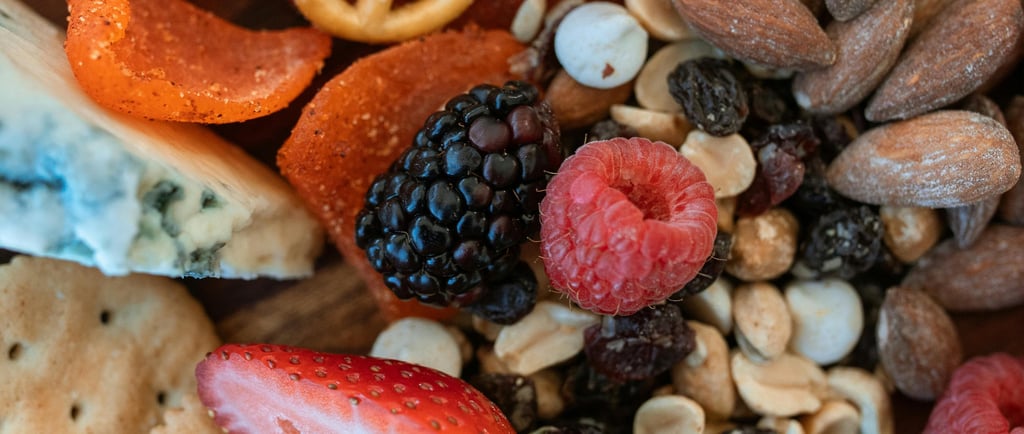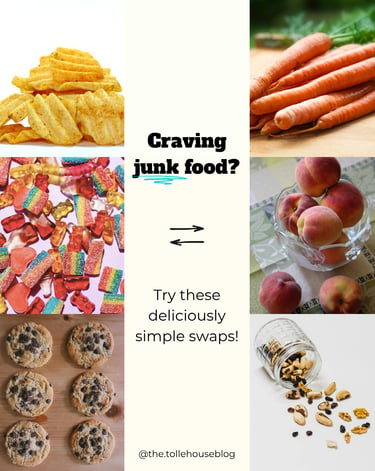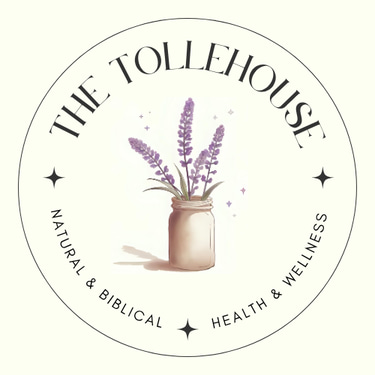Snacks are some of the most important meals of the day. They keep our bodies fueled up between meals or keep us up after a midnight snack! But how is your body feeling about the snacks you're eating, and how can you make healthier choices with your snacks today? Let's munch on that for a bit!


What makes a lot of snacks unhealthy?
If you pick up any common snack item in the grocery store like chips, cookies, crackers, and even protein bars, you might not like what you find in the ingredients. Added sugars like corn syrup, dextrose, and many others are lurking in snacks to make them more addictive. Because unfortunately, addiction makes consumers buy more, more often.
Other common ingredients that are damaging to our health include MSG (monosodium glutamate), seed oils (palm, canola, soybean, vegetable shortening), and artificial food dyes.
MSG is a common food additive that makes food taste better while cutting down on the amount of sodium needed to do so. But, it is known to contribute to swelling, headaches, and even chest pain, especially if you're sensitive or allergic to it. A diet high in glutamates like MSG can also contribute to hyperactivity and even disorders like OCD and Alzheimer's.
Sugar is one of the most prevalent items in our food, and it can go by more than 40 names. Depending on which sugar or sugar substitutes are used, food companies can technically state that a product has 0g of sugar in the Nutrition Facts, even if it's not strictly true. Refined sugar and its substitutes have been linked to hyperactivity, diabetes, nerve damage, and even cognitive issues. Although this is technically not a conspiracy theory because it's real, check out this fascinating article on sugar lobbyists, well, lobbying.
Here are some of the names that sugar and its substitutes can go by, so you can recognize what could be hiding in your snacks!
Aspartame
Dextrose
Maltodextrin
Glucose
Sucralose
Xylitol
Acesulfame-K
Sucrose
Corn syrup
High fructose corn syrup
Saccharin
Sorbitol
Erythritol
Fructose
Glycerol
Allulose
D-ribose
Seed oils are highly processed oils that undergo chemical extraction, pasteurization, bleaching, dyeing, and deodorizing in order to produce mass amounts of this chemical that should really be used for lubrication, not food. Seed oils disrupt the gut microbiome, cause inflammation, and compromise heart health when consumed in large quantities. And that's easy to do if you're eating them in most of your snacks or meals.
Food dyes come in several varieties, with reds, yellows, and blues being the ones you've probably heard of the most. These substances make food look prettier, but at the cost of our health. Children are especially affected by these dyes, experiencing conditions like gut problems, hyperactivity, and behavioral changes.
Another problem with processed food is that it can get expensive! This might not seem to be the case on the surface, but Northwell describes this dilemma perfectly: "'We confuse shelf life with value,' says [Julie] Kramer [a dietitian]. But while additives keep these foods colorful and crave-worthy, they don’t deliver lasting fullness, which means you buy more, sooner."
Spending your money on foods that matter is also cheaper in the long run, because you are making healthy choices that will save you money on doctors' visits, medications, and even hospitalizations later on in life. And I'll always say: do what you can! If you start with swapping just one food you're used to eating, then stick with that! Or, if you're a cold-turkey-type of person, throw away everything in your snack bin and give it a fresh start.
So, whether you're on-the-go or just need a good snack to hold you over, I've got some healthy alternatives you'll want to reach for! Speaking of turkey...


